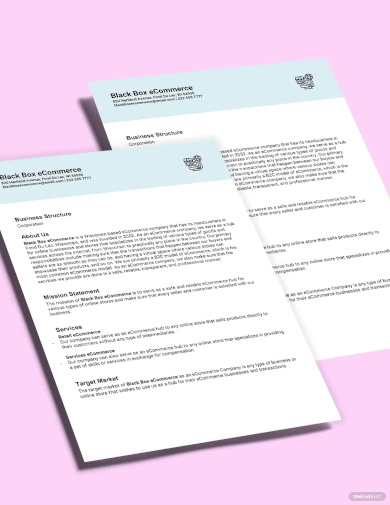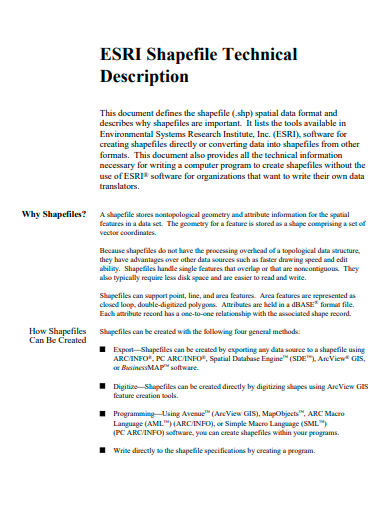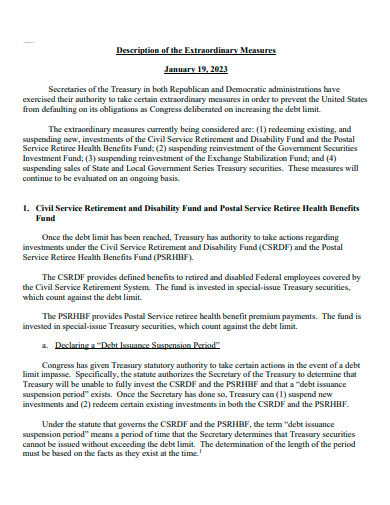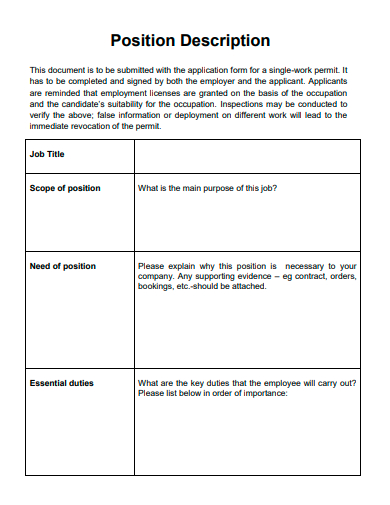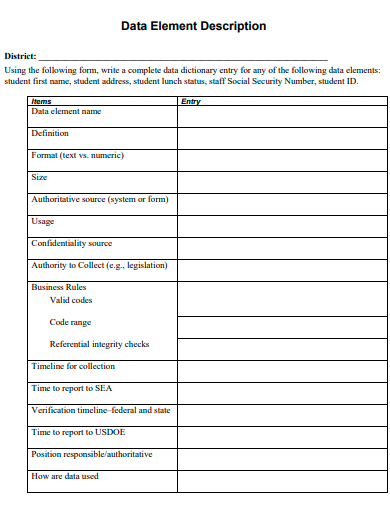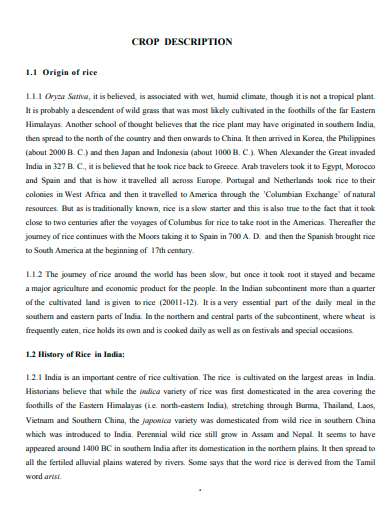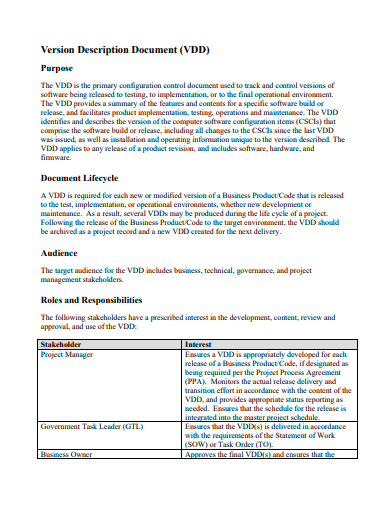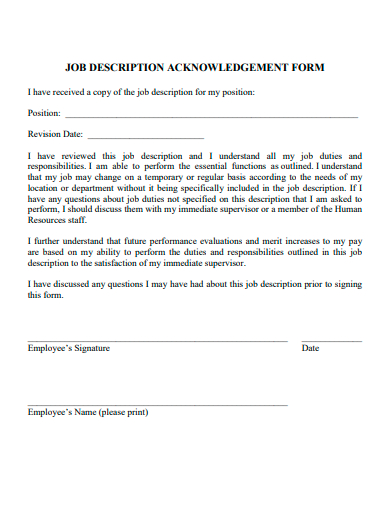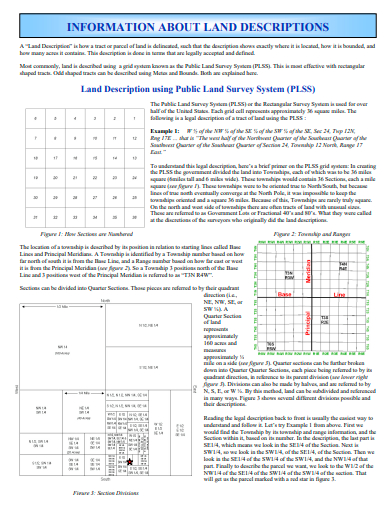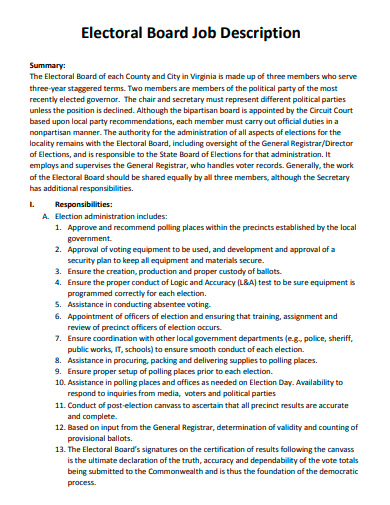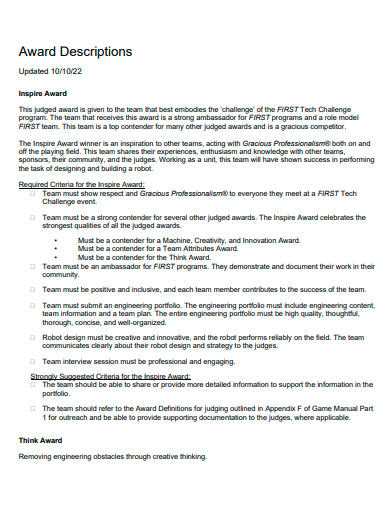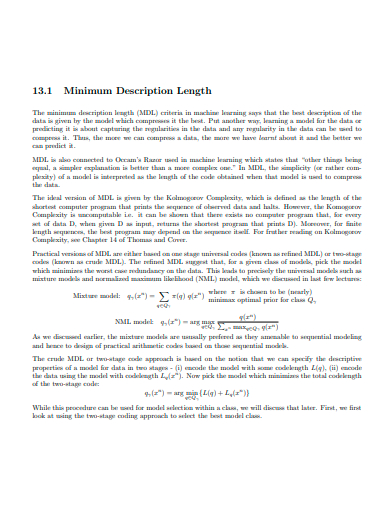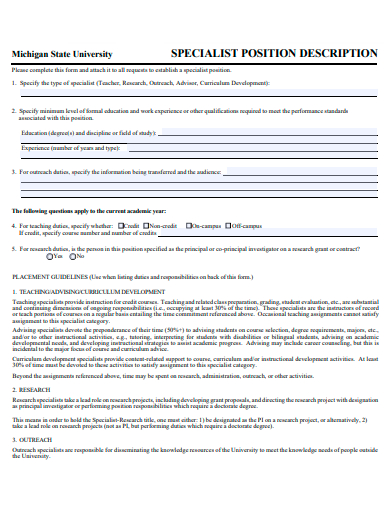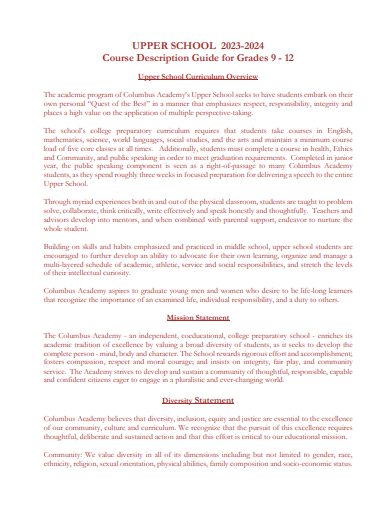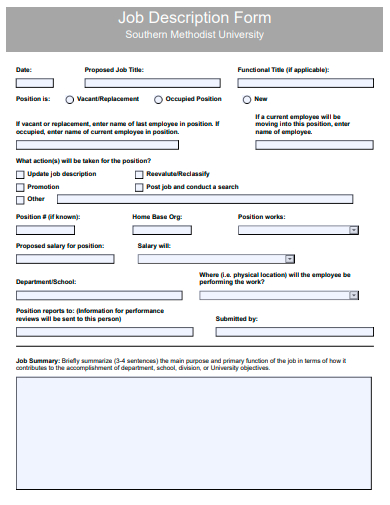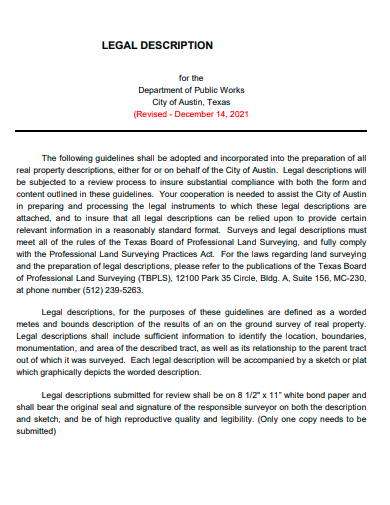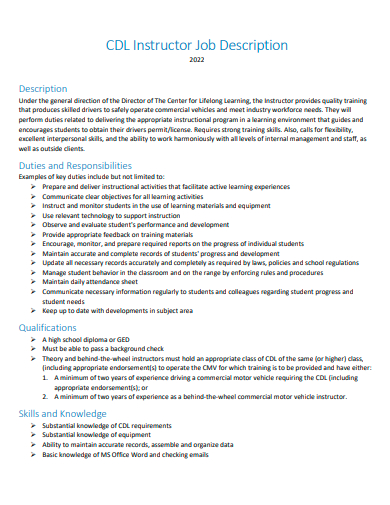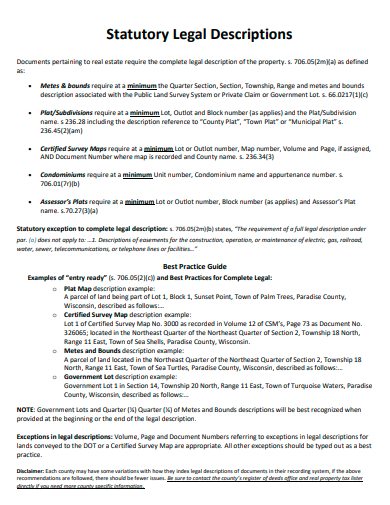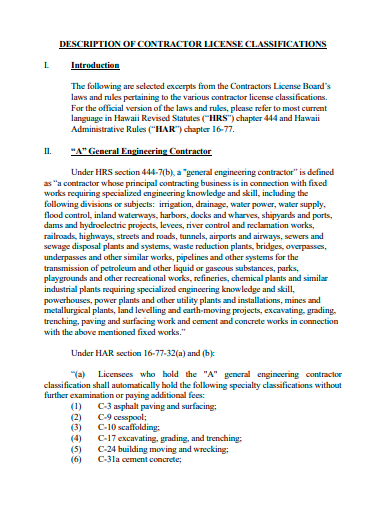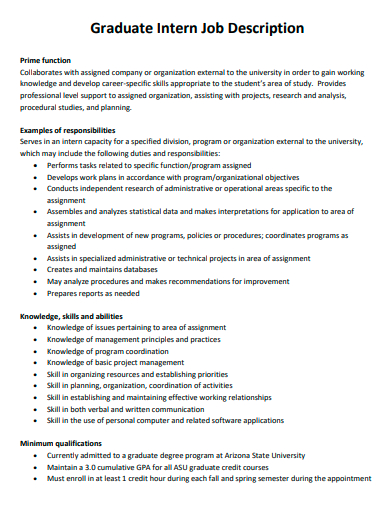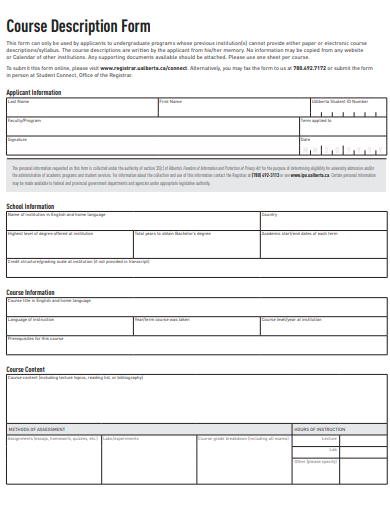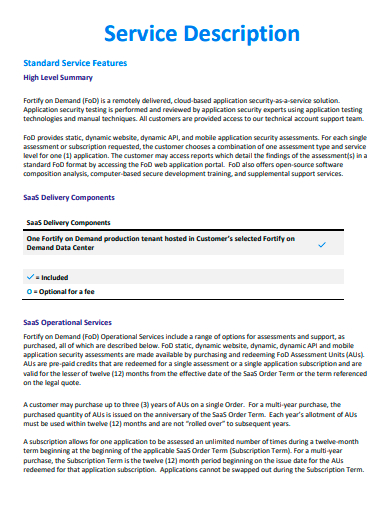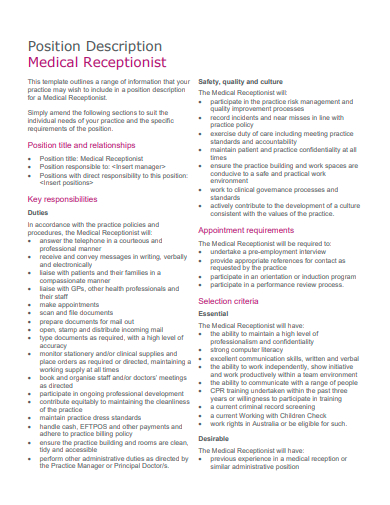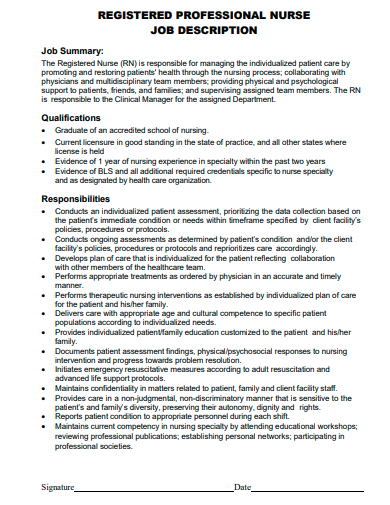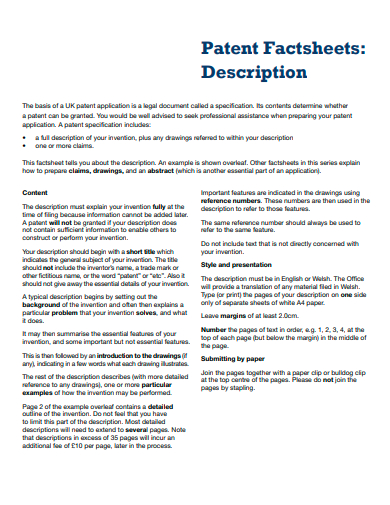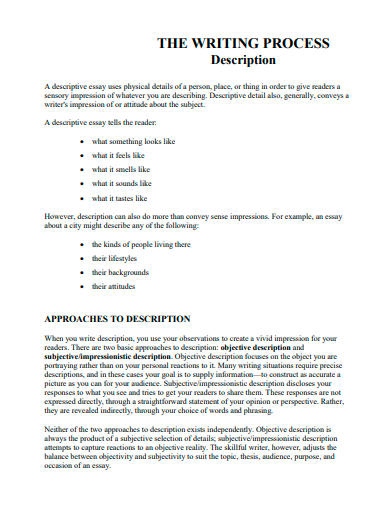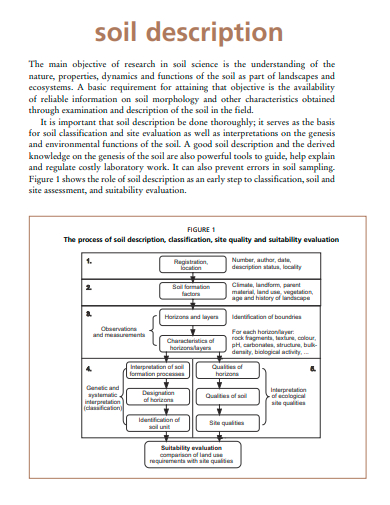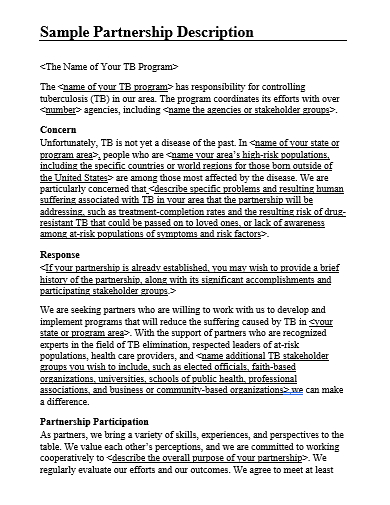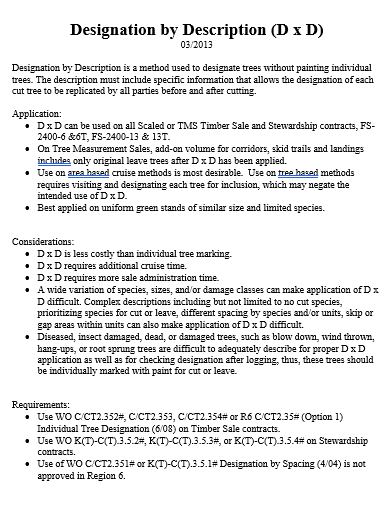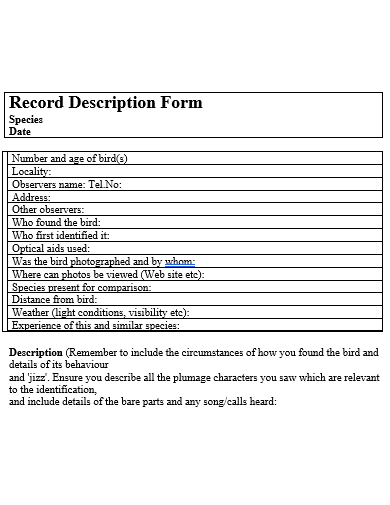Descriptions are passages that provide details to reading materials that give readers an overview of what a writer is thinking about. Knowing the various descriptive words being used, readers can better understand what it means and build their vocabulary. Descriptive writing aims to provide a description of a particular individual, place, or thing in a manner that allows a person to form an image in their head. This type of writing can be used as a part of the creation and description of an essay structure, student paper, research paper essay, and other types of writing paper.
29+ Description Samples
1. Ecommerce Company Description Template
2. Technical Description Template
3. Description of the Extraordinary Measures Template
4. Position Description Template
5. Data Element Description Template
6. Crop Description Template
7. Version Description Document Template
8. Job Description Acknowledgement Form Template
9. Land Description Template
10. Electoral Board Job Description Template
11. Award Description Template
12. Minimum Description Length Template
13. Specialist Position Description Template
14. Upper School Course Description Template
15. Job Description Form Template
16. Legal Description Template
17. Instructor Job Description Template
18. Statutory Legal Description Template
19. Description of Contractor License Template
20. Graduate Intern Job Description Template
21. Course Description Form Template
22. Service Description Template
23. Position Description Medical Receptionist Template
24. Registered Professional Nurse Job Description Template
25. Description Patent Factsheet Template
26. Writing Process Description Template
27. Soil Description Template
28. Sample Partnership Description Template
29. Designation by Description Template
30. Record Description Form Template
What is a Description?
A description refers to statements that tell about a person, thing, or place in a way that enables the formation of an image inside one’s mind. Writing a description of an event includes paying close attention to information or details with the use of all senses as it helps the readers to comprehend what the author is trying to deliver. Other writing techniques include narrative writing, argumentative writing, persuasive writing, expository writing, and informative writing.
How to Write Descriptions
In the business industry, a description is one of the most important aspects when creating a business plan as it introduces the business goals and the opportunity to collaborate with possible investors or other parties who can support the business’s objectives. Business descriptions are statements that contain key information about a company like what it does and its edge over competitors.
Step 1: Perform Research in Your Industry and Competitors
Creating an effective business description involves researching the industry you will be entering and the competitors you will be facing. You can use various sources such as news sources, trade magazines, or communicating industry veterans.
Step 2: Provide a Description of the Industry’s Present and Future State
Make time to discuss the enhancements and trends that could impact the industry you are entering as it develops. These enhancements can be in the form of operations, technology, or production which can lead to positive and negative effects on your business or company.
Step 3: Write the Company’s Basic Information and Problem Statement
Your company’s basic information can include its origin, name, address, business structure, management plan, number of employees, and more. Write a problem statement so you can identify the usual problems that your target market faces and how your company will solve these issues or concerns.
Step 4: Determine Target Market and Explain Your Plans
Provide the age range, geographic location, relationship status, values, income levels, and spending habits of your target audience. Include details on how and who will be responsible for manufacturing and distributing the products and services that your business will be providing. At the end of your description, explain how the business will make a profit and how its success will be measured.
FAQs
What are the common elements of business descriptions?
Business descriptions are commonly written with details such as the company name, type of business structure, location, origin story, mission statement, products and services it offers, short-term objectives, and a vision statement.
How to produce descriptive texts?
To produce descriptive texts, make sure to engage the senses using details so readers can visualize what you are writing, use accurate synonyms, and take advantage of similes, metaphors, personification, and other types of figurative language.
What are the common characteristics of descriptive writing?
Effective descriptive writing shows vivid details, uses figurative language, precise language, and has thoughtful organization of details.
Descriptive writing is a writing style that aims to enable readers to visualize a certain person, thing, situation, or place being described which also helps them better understand and recognize the intention of the author. In business, descriptions refer to the statement of a company’s business plan which includes its vision and the direction it wants to take.
Related Posts
FREE 5+ Line Cook Job Description Samples in PDF
FREE 10+ Business Purpose Statement Sample [ Small, Roundtable, Continuity ]
FREE 10+ Account Executive Job Description Samples [ Sales, Senior, Advertising ]
FREE 8+ Sample Substitute Teacher Job Description Templates in PDF | MS Word
FREE 10+ Brand Positioning Statement Samples [ Worksheet, Personal, Structure ]
FREE 8+ Sample Product Manager Job Description Templates in PDF | MS Word
FREE 10+ Company Description Samples [ Construction, Secretary, President ]
FREE 8+ Tutor Job Description Samples in PDF | MS Word
FREE 11+ Digital Marketing Job Description Samples in MS Word | PDF
FREE 12+ IT Intern Job Description Samples in PDF
FREE 9+ Sample Software Developer Job Description Templates in PDF
FREE 9+ Sample Software Engineer Job Description Templates in PDF
FREE 10+ HR Payroll Job Description Samples in MS Word | PDF
FREE 14+ HR Director Job Description Samples in MS Word | PDF
FREE 10+ HR Intern Job Description Samples in MS Word | PDF

